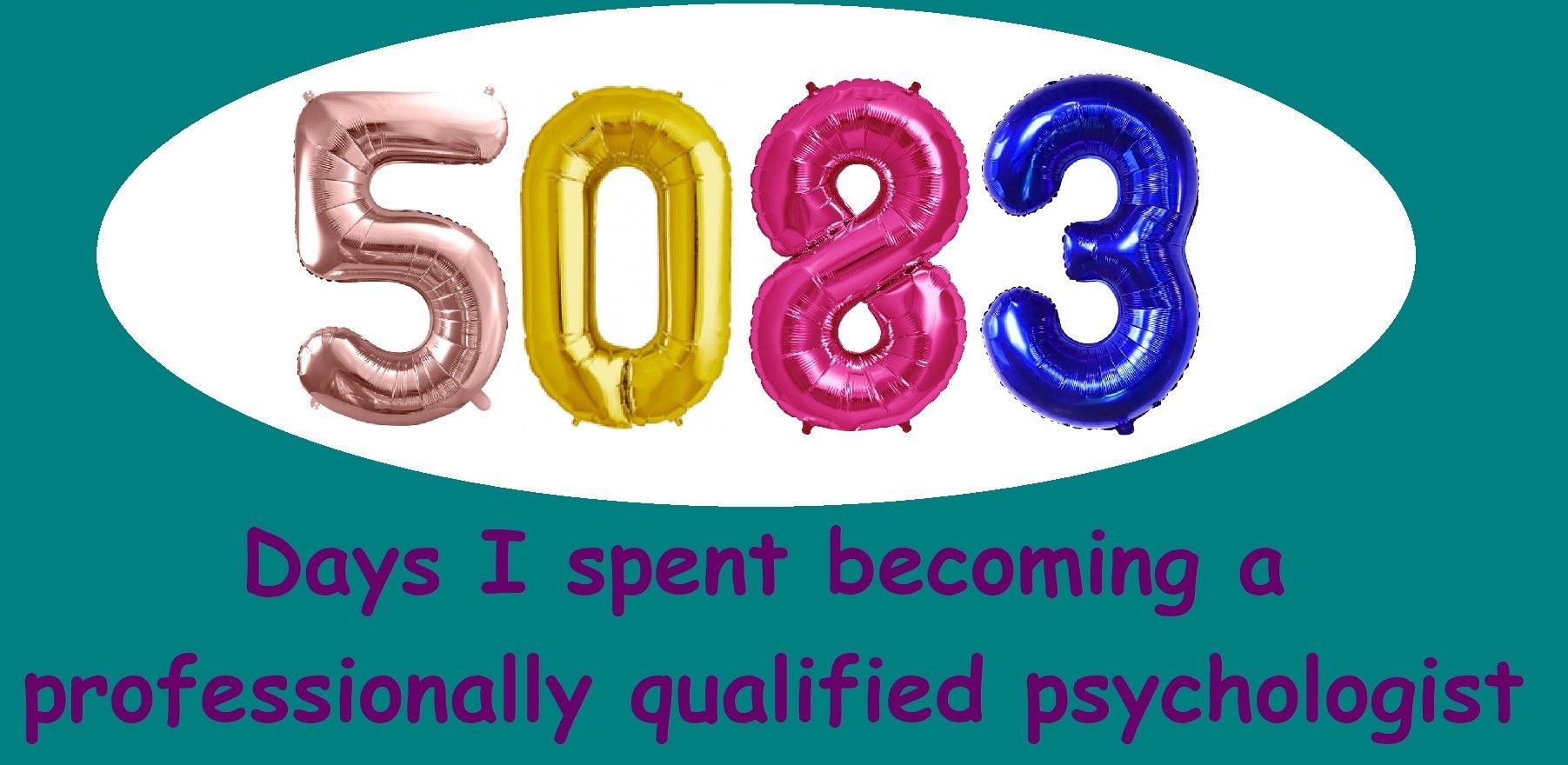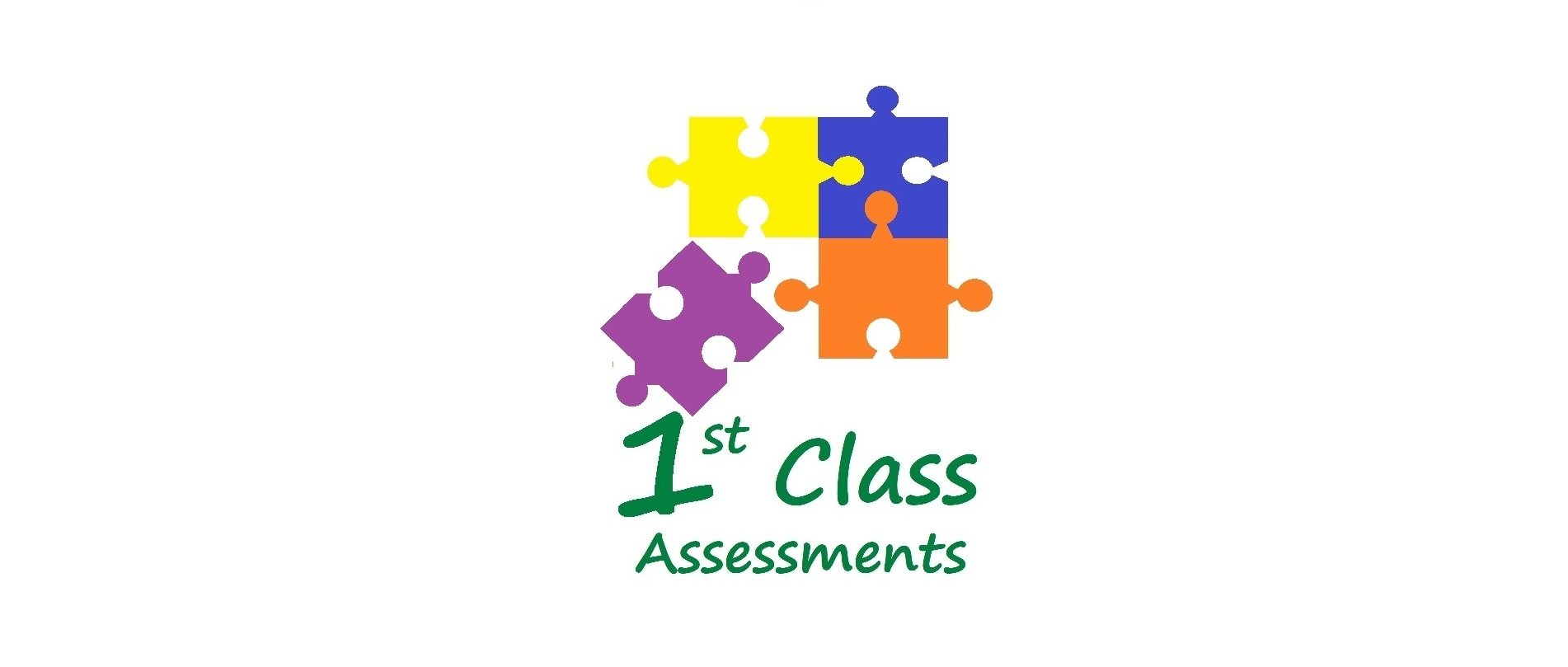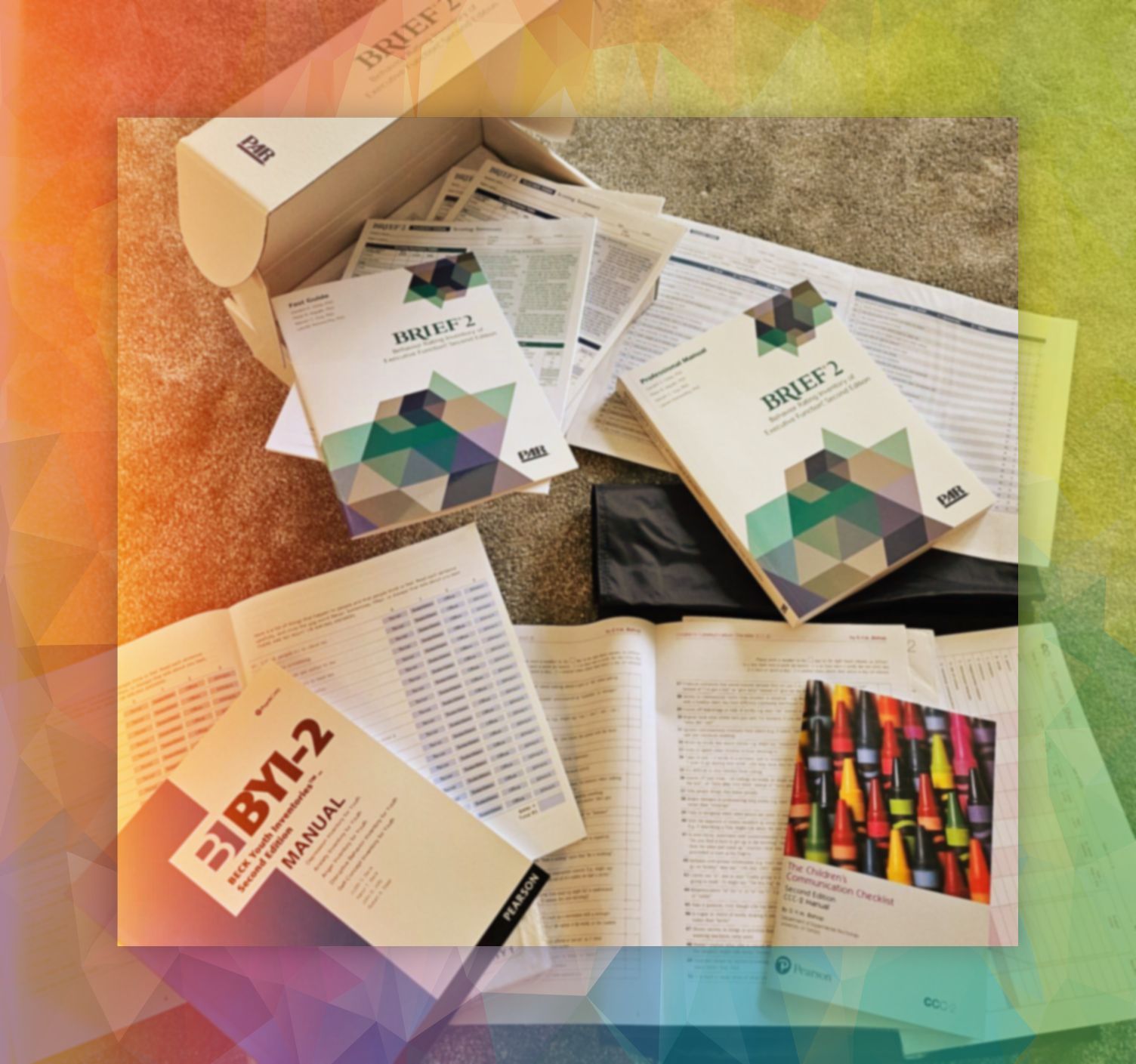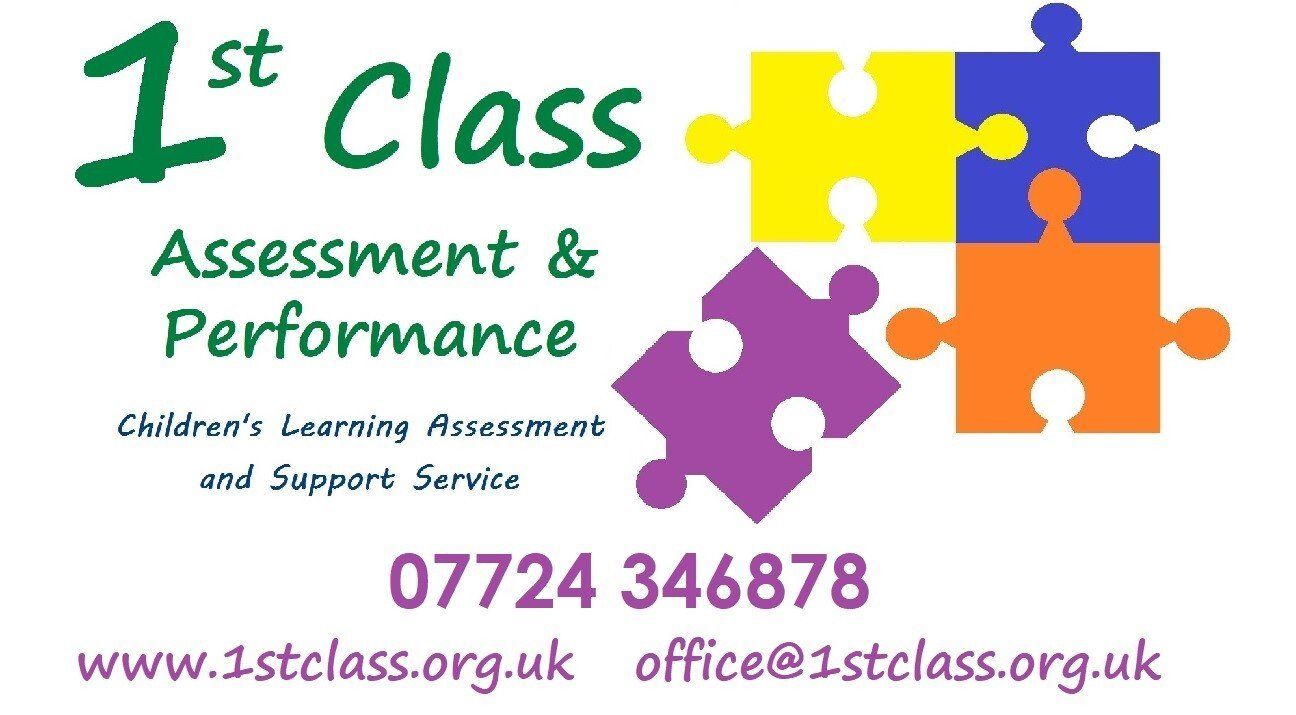Days Spent Qualifying

The number of days it took to become a fully qualified Educational Psychologist.
Why is this important?
For clients to be certain they are getting the services of a fully qualified psychologist, the HCPC (Health & Care Professions Council) holds the register of appropriately qualified and experienced members. Anyone wanting to contact a psychologist can check the registration of the psychologist on the HCPC website. Practitioner psychologist job titles are protected by law: only people with the relevant qualifications can use them. These include Educational Psychologist, Clinical Psychologist, Forensic Psychologist amongst others.
However, there are unfortunately ways around this that unqualified people use to make it appear that they have similar qualifications, for example the word "psychologist" is not protected by itself, and there are less strict rules around the use of "psychology" within business names. This means that people who are not aware of these rules risk finding and using the services of an unqualified individual, which could be a waste of time and money, and even worse quite damaging.
It is a long process to become a properly qualified psychologist. Here's my #CountTheDays outline of what I did to become an HCPC registered Educational Psychologist! This is not the route all EPs will have taken, but it shows how each of the stage of my qualifying route fed into the overall path to qualification.
🗓️ 5083!!! is the number of days of my life I spent becoming a professionally qualified psychologist, and that’s not including all the years of experience gained after qualification!
Here’s how I got there (bear in mind some of these examples run concurrently):
🏫 It started with
2 years studying A Levels
which would satisfy the entry requirements to gain a place on a psychology degree course at university.
🏫 It includes
3 years
studying for my undergraduate psychology degree.
Having a psychology degree doesn’t make you a psychologist; the degree contains no work with clients, it is theory and research-based preparing future psychologists for client work.
🏫 It includes 1 year doing my Postgraduate degree in Forensic Psychology when I studied the theory of crime, law, justice, and victim support and did placements and research projects in prisons.
🏢 It includes 2 years working part time (to help fund the degree and masters) for Child Protection and the Learning Disabilities Team (adults), where I learned about team work in a large organisation, as well as the consequences and wide-ranging difficulties that children and families experience in child protection cases, whether it is abuse, neglect or other reasons for being a child in need, and how multiple agencies work together to support the child, family and school.
🏢 It includes 2 years working in various prisons with prisoners nearing the end of their sentence, providing training for qualifications as well as advice and guidance for preparation for employment. Here I learned about teaching and learning, as well as the negative effects of pupils being excluded from school, and the importance of early intervention. This has a big influence on my interests in the link between learning difficulties and exclusion from school, and my passion to assess learning to identify unmet learning needs.
🏫 It includes 2 years doing a PGCE (postgraduate certificate in education) which I did part-time whilst working in the prisons. This course gave me the knowledge and understanding of the theory of teaching and learning, lesson preparation, how different people learn and how to differentiate teaching methods and material. I completed assignments and was observed teaching on several occasions.
🏢 It includes
1 year working in a social care research and development team, where I used my psychology degree and masters research knowledge and techniques to design and evaluate research projects that influenced policy development in children’s and adults’ social care.
🏥 It includes
1 year working as an Assistant Psychologist in an Educational Psychology Service. I learned about educational assessments, building rapport with pupils, parents and teachers, designing individual support packages for pupils, and developing a research and training programme in collaboration with physiotherapists and occupational therapists.
I may have had ‘psychologist’ in my job title but I still wasn’t a psychologist.
I was assisting the work of qualified psychologists.
📚 It includes
3 years as a trainee Educational Psychologist
studying for a
professional doctorate, a requirement to be a qualified Educational Psychologist and to be able to use the title. I learned about the theory and practice of educational assessments, visited numerous nurseries and schools including spending a week placement in every key stage, a month in one Educational Psychology Service in the first year, and then 2 full years of employment as a Trainee EP with another Educational Psychology Service. I received supervision and feedback about my clinical work with pupils, parents and teachers. I was still not yet a qualified psychologist.
💼
Only then when I passed my placements, completed my assignments and dissertations, completed my research thesis and related viva was I eligible to register with the Health & Care Professions Council (HCPC) as a practitioner psychologist.
📱
The title of ‘psychologist’ does not come easy. There are no shortcuts. It should be illegal to just 'call yourself a psychologist’ on social media. But it’s not.
💬
Join in!
Count the days!
Whatever your profession, let me know in the
comments on my Count The Days Facebook post
www.facebook.com/1stClassLincs how many days it has taken you to become professionally qualified in your role or how many days so far if you’re not yet there! Perhaps you’re a
psychologist, an
accountant, a
medic, a
legal professional. Let’s
normalise the hard work and honour the dedication it has taken for you to keep showing up day after day until you get there.
Credit goes to Dr Marianne Trent (clinical psychologist) for starting this idea and highlighting the importance and dedication of properly qualified professionals.
#CountTheDays





